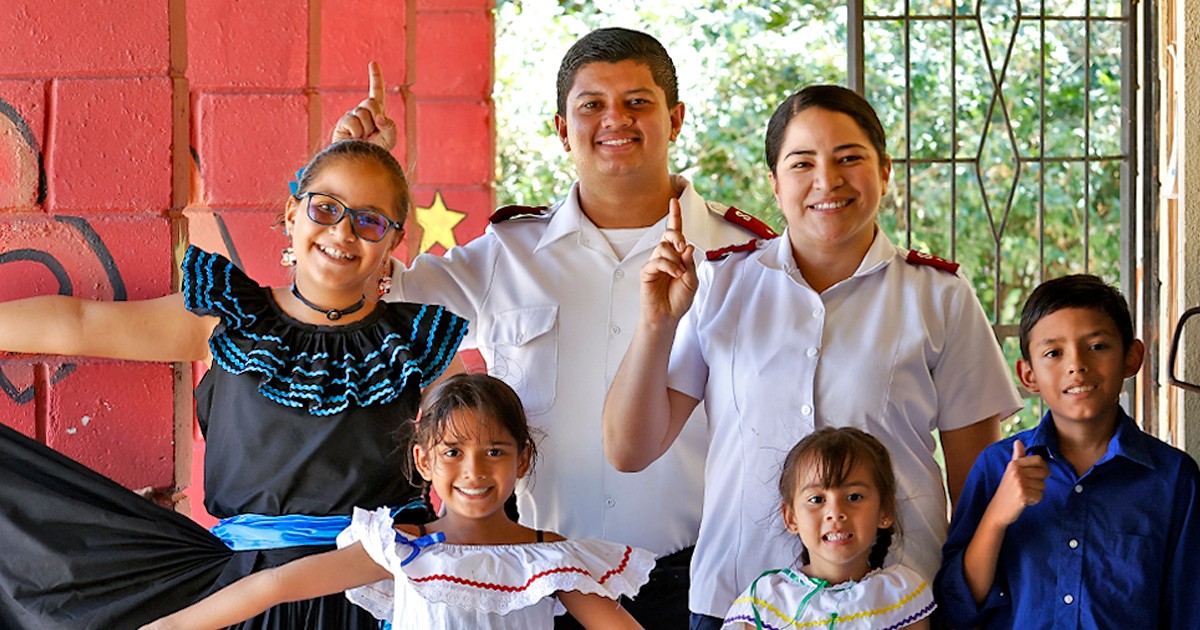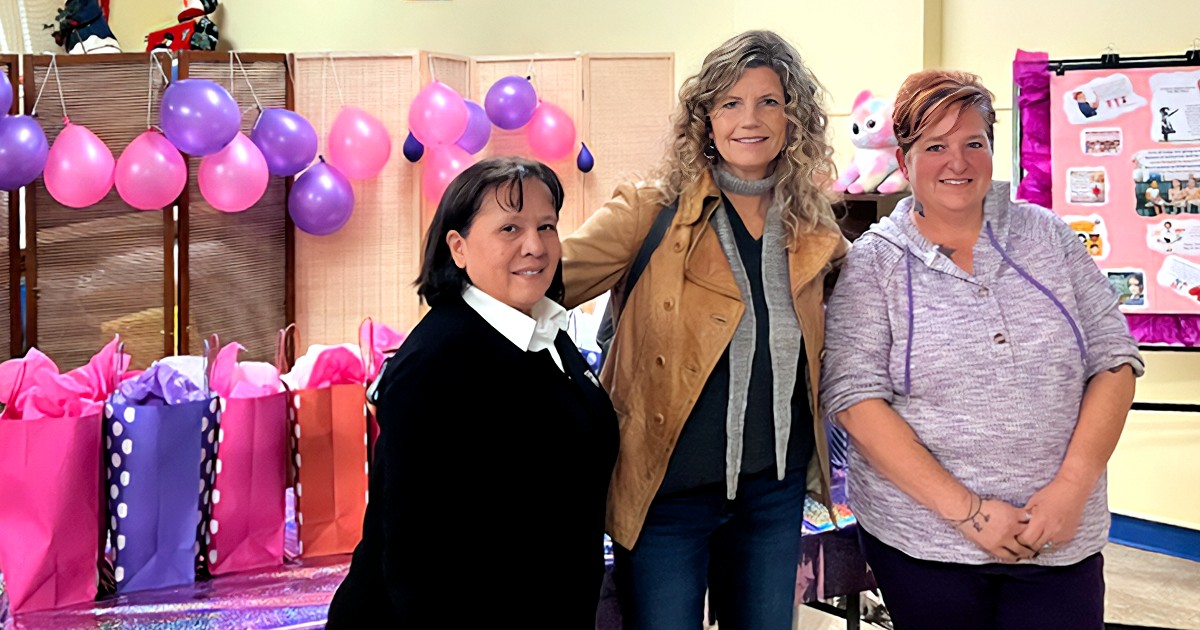 Are you surviving instead of thriving? Do you feel as though you're being pulled through your life? Do you lack enthusiasm for work, family or activities? Is your life less than what you hoped it would be? Have you lost control?
Are you surviving instead of thriving? Do you feel as though you're being pulled through your life? Do you lack enthusiasm for work, family or activities? Is your life less than what you hoped it would be? Have you lost control?
Our timeless God speaks powerfully to your situation: “Are you tired? Worn out? Burned out on religion? Come to me. Get away with me and you'll recover your life. I'll show you how to take a real rest. Walk with me and work with me—watch how I do it. Learn the unforced rhythms of grace. I won't lay anything heavy or ill-fitting on you. Keep company with me and you'll learn to live freely and lightly” (Matthew 11:28-30 The Message).
Rhythms of Grace
Jesus speaks of unforced rhythms of grace where we can live freely and lightly. These are utopian words that beckon us to experience a quality of life that is natural, healthy, purposeful and fruitful. He encourages us to find balance in our everyday lives. But how do we experience this?
Jesus challenges us to seek first God's Kingdom and his priorities. “Steep your life in God-reality, God-initiative, God-provisions. Don't worry about missing out. You'll find all your everyday human concerns will be met” (Matthew 6:33 The Message).
In Luke 10:27, he offers specific direction for us to follow: “Love the Lord your God with all your heart and with all your soul and with all your strength and with all your mind,” and “love your neighbour as yourself.”
Jesus is talking about a way of life that transcends and yet integrates all of our ideas, theologies and personalities. He brings clarity to our diversity and our extremes, the stuff of our everyday lives.
No Restrictions
We are not restricted by time as to when we can love and serve him. This can be as real on Monday at work as it is on the hiking trail on Saturday, the supermarket on Thursday or the worship service on Sunday. If we truly aspire to pray without ceasing (see 1 Thessalonians 5:17), we need to spend time outside of our church buildings, praying and communing with God.
As to how we express our love to God, Jesus says we can love him with our minds, bodies, hearts and souls—the totality of our being. There's no set way that we need to follow. We should follow our heart and the leading of the Holy Spirit.
For many, church and worship have been equated with sitting and listening. We have been conditioned to engage the mind in a belief system. For others, it has meant a stirring of emotions and affections. But how many people have remained disconnected from church life and abundant living because of a lack of opportunity to engage their unique gifts and personhood?
Finding Meaning
We are God's unique artistry, created for good works, which he planned for us in advance (see Ephesians 2:10). If we believe that God created us for a purpose, with our own distinct talents, surely we must also believe that he wants to use us.
Eric Liddell, the Scottish Olympian and missionary, ran for the glory of God. He said, “When I run I feel his glory.” Brother Lawrence is well known for practising the presence of Christ while washing pots in the monastery kitchen. Irenaeus, one of the early Church fathers, declared that the glory of God is humankind “totally alive.” What a marvellous prospect to be fully alive, realizing the full potential for which God created us.
Frederick Buechner writes, “The place where God calls you is the place where your deep passion and the world's deep need meet.” We are called to love our neighbour and to love ourselves. We need to balance self-care with service to others. We need community, but we also need solitude. Too much community can weaken the individual sense of identity and purpose, while too much solitude can weaken one's perspective on life and engagement in service.
Dual Citizenship
Like the Apostle Paul, Christians are dual citizens of Earth and Heaven. Paul wanted to be present with God for eternity, but he also wanted to fulfil his calling on Earth. We are similarly conflicted. We should live as if this might be our last day, but we also need to plan and prepare for the future.
We need to use our time wisely, but we shouldn't over-manage our schedule. We need time to experience life and creation, without every activity being something to check off a list. Frederick Buechner writes, “Listen to your life. See it for the fathomless mystery that it is. In the boredom and pain of it not less than in the excitement and gladness: touch, taste, smell your way to the holy and hidden heart of it because in the last analysis all moments are key moments, and life itself is grace.”
Whatever we do, may it be done for the glory of God. A balanced mind-set focuses on Jesus whose teaching and life give us meaning and purpose as we establish his Kingdom in this life and the next.
God, give us wisdom to discipline ourselves to allow your grace and transforming power to take root in our lives. Teach us how to love you with heart, mind, body and soul, through your living spirit. Teach us how to love our neighbours as ourselves. Thy Kingdom come, thy will be done on earth as it is in Heaven.









Leave a Comment